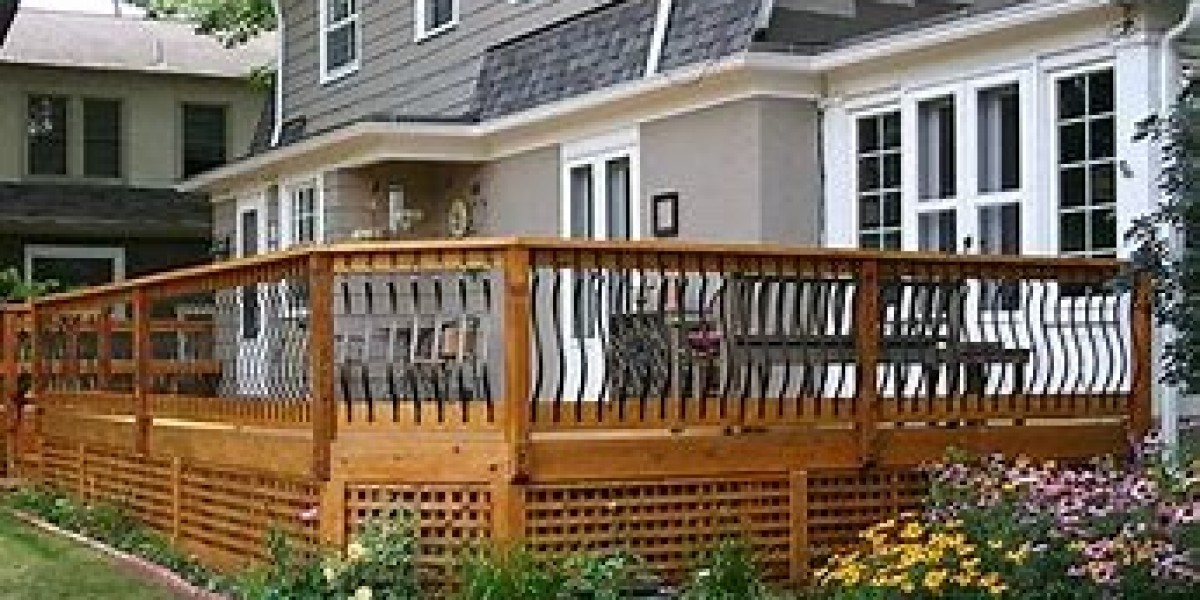Building a deck is an exciting project that adds value and functionality to your home. Whether you envision a cozy space for family gatherings or a stylish outdoor entertainment area, understanding the costs involved is crucial for effective budgeting. In this article, we'll explore the various factors that influence the cost of building a deck, helping homeowners make informed decisions about this popular home improvement venture.
- Size and Design:
The size and design of your deck are among the primary factors influencing the overall cost. Larger decks with intricate designs and features such as multiple levels, built-in seating, or pergolas will naturally require more materials and labor, impacting the budget accordingly.
- Materials:
Deck materials play a significant role in determining costs. Common choices include pressure-treated wood, cedar, composite decking, and tropical hardwoods. Each material comes with its own price point, maintenance requirements, and longevity. Higher-quality and low-maintenance materials often come with a higher initial cost but can save money in the long run due to reduced maintenance needs.
- Foundation and Framing:
The type of foundation and framing also contribute to costs. Elevated decks or those requiring complex foundations, such as concrete piers, may incur additional expenses. The framing materials, whether wood or steel, also impact the overall budget.
- Labor Costs:
Labor costs vary based on location, complexity, and local market rates. Hiring a professional contractor ensures quality workmanship but comes with a higher price tag. DIY enthusiasts may save on labor costs but should consider the time, effort, and expertise required for a successful deck construction project.
- Permits and Inspections:
Most regions require permits for deck construction, and inspection fees may apply at various stages of the project. Factor in these costs when planning your budget, ensuring compliance with local building codes and regulations.
- Finishing Touches:
Consider additional features that enhance the functionality and aesthetics of your deck, such as railings, lighting, and built-in furniture. These finishing touches contribute to the overall cost but can significantly elevate the appeal and usability of your outdoor space.
- Contingency Budget:
Unforeseen issues or changes in project scope can arise during construction cost of new decks. Having a contingency budget of around 10-20% is advisable to accommodate unexpected expenses without derailing your project.
- DIY vs. Professional Construction:
Deciding whether to undertake the project yourself or hire a professional contractor impacts costs. DIY projects may save on labor, but it's crucial to assess your skills, available time, and willingness to handle various aspects of construction. Hiring professionals ensures expertise and may result in a faster, more polished outcome.
Conclusion:
Understanding the costs associated with building a deck is essential for homeowners embarking on this exciting home improvement journey. By considering factors such as size, materials, labor, and additional features, you can create a realistic budget and bring your vision for an outdoor retreat to life. Whether you choose a DIY approach or enlist the help of professionals, investing in a well-constructed deck enhances your home's value and provides a delightful space for relaxation and entertainment.









